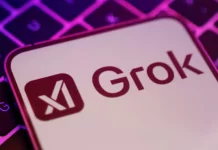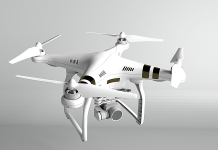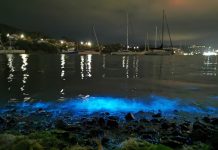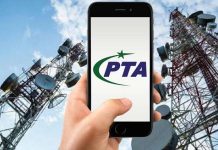California: Elon Musk is hailed as an innovator and disruptor who went from knowing next to nothing about building cars to running the world’s most valuable automaker in the space of 16 years.
But his record shows he is more of a fast learner who forged alliances with firms that had technology Tesla lacked, hired some of their most talented people, and then powered through the boundaries that limited more risk-averse partners.
Now, Musk and his team are preparing to outline new steps in Tesla’s drive to become a more self-sufficient company less reliant on suppliers at its “Battery Day” event on Sept. 22.
Musk has been dropping hints for months that significant advances in technology will be announced as Tesla strives to produce the low-cost, long-lasting batteries that could put its electric cars on a more equal footing with cheaper gasoline vehicles.
New battery cell designs, chemistries and manufacturing processes are just some of the developments that would allow Tesla to reduce its reliance on its long-time battery partner, Japan’s Panasonic, people familiar with the situation said.
“Elon doesn’t want any part of his business to be dependent on someone else,” said one former senior executive at Tesla who declined to be named. “And for better or worse – sometimes better, sometimes worse – he thinks he can do it better, faster and cheaper.”
Tesla has battery production partnerships with Panasonic, South Korea’s LG Chem and China’s Contemporary Amperex Technology Co Ltd (CATL) that are expected to continue.
But at the same time, Tesla is moving to control production of cells – the basic component of electric vehicle battery packs — at highly automated factories, including one being built near Berlin, Germany and another in Fremont, California where Tesla is hiring dozens of experts in battery cell engineering and manufacturing.
“There has been no change in our relationship with Tesla,” Panasonic said in a statement provided by a company spokeswoman.
“Our relationship, both past and present has been sound. Panasonic is not a supplier to Tesla; we are partners. There’s no doubt our partnership will continue to innovate and contribute to the betterment of society.”
Tesla did not respond immediately to a request for comment.
Since he took over the fledgling company in 2004, Musk’s goal has been to learn enough – from partnerships, acquisitions and talent recruitment – to bring key technologies under Tesla’s control, people familiar with Tesla’s strategy said.–Agencies






